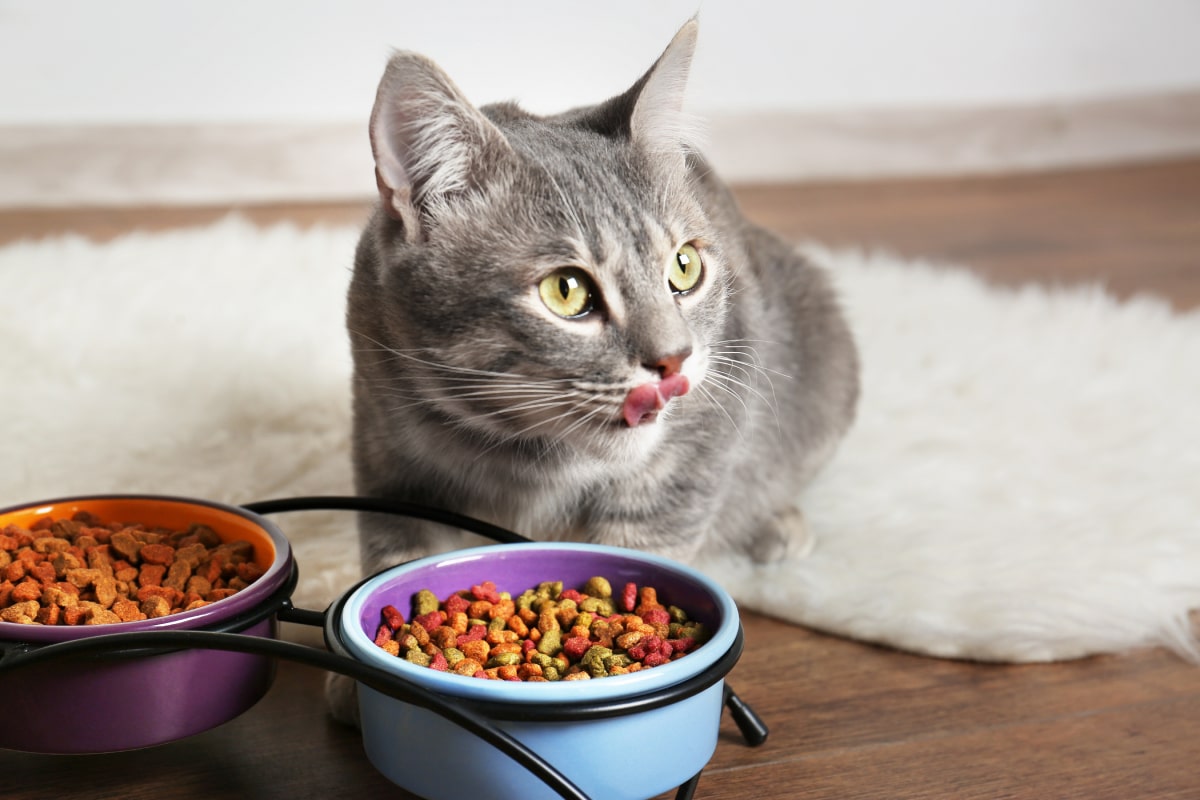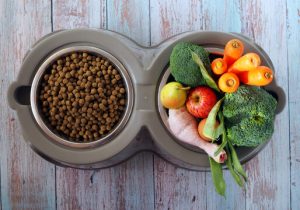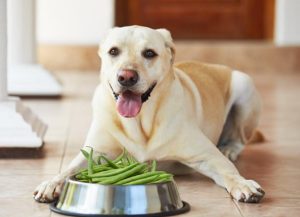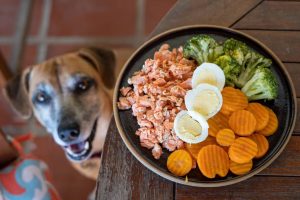Making sure your cat receives the optimum diet is the first concern for pet owners. Adoption of Grain-Free Diets for Cats is one nutritional trend becoming very widespread. Emphasizing protein-rich meals without grains like wheat, maize, or soy, these diets are meant to resemble a more natural feline diet. Although many commercial cat meals include grains, many pet owners now think that cutting them out might help their feline friends in various ways related to health. The possible benefits of Grain-Free Diets for cats will be discussed in this article along with the reasons this decision might be worth thinking about for the general welfare of your pet.
What is a Grain-Free Diet?
Knowing what Grain-Free Diets for Cats comprise can help one appreciate the health advantages. All told a grain-free diet is one in which your cat’s food avoids grains like wheat, rice, oats, maize, barley, and soy. Along with vegetables and fruits, these grains are often substituted with protein-heavy foods like meat, fish, and other animal-based items.
Being obligate carnivores, cats have evolved to survive mostly on a meat diet. Their digestive systems are meant to handle animal-based proteins and lipids, not carbs found in grains. Grain-Free Diets for Cats’s supporters so contend that giving their animals a diet more in line with their natural dietary requirements would increase their vitality and general state of health.
Improved Digestive Health
Many cat owners go to Grain-Free Diets mostly to solve stomach problems. Many times, cats struggle to break down grains, which may cause gastrointestinal issues like diarrhea, gas, and bloating. Usually simpler for a cat’s digestive tract, grain-free diets focus on premium protein sources and low carbs. Cats may have better digestion without grains, which would reduce pain and increase regular poo motions.
Changing to Grain-Free Diets for Cats may be transformative for those with food allergies or sensitivity to wheat. By removing grains from their diet, one may lower intestinal inflammation, and improve vitamin absorption and general digestive integrity.
Better Skin and Coat Condition
The state of your cat’s skin and coat frequently reflects their nutrition directly. Grain-free diets for cats have one of the main advantages in terms of skin and hair condition. Usually, high in omega-3 and omega-6 fatty acids, which are vital for maintaining a lustrous coat and good skin, grain-free cat meals
Cats on a grain-free diet could display less dryness, itching, and skin irritations. Further supporting better, more glossy hair are grain-free meals, which frequently have better-quality proteins and less filler. If your cat has a dull coat or regular skin problems, switching to Grain-Free Diets for Cats can provide the fix you need.
Weight Management and Obesity Prevention
Like people, cats may suffer from obesity and weight gain. Many commercial cat foods—especially those heavy in grains—have plenty of carbs. Sadly, cats do not need much carbs in their diet; too many will cause unneeded weight gain. Usually including less carbohydrates and more proteins and lipids, grain-free diets for cats more closely fit their natural nutritional requirements.
Feeding your cat grain-free food might help them maintain a better weight, therefore lowering their risk of obesity-related health problems like heart disease, diabetes, and arthritis. Cats’ grain-free diets may provide the correct mix of nutrients without the extra calories that fuel weight increase.
Increased Energy and Vitality
Cats on Grain-Free Diets Many times, cats show better general vitality and more energy. Grain-free diets’ higher concentration of premium proteins—which provide greater fuel for a cat’s muscles and energy requirements—helps to explain this for the most part. Being obligatory carnivores, cats get their energy mostly from animal-based proteins and lipids instead of from carbohydrates.
Eliminating grains from their diet and substituting a meal with more protein can help your cat be more active and vibrant. Aging cats or those with a history of low activity levels may find this increase in energy particularly helpful in helping them restore some of their young vitality.
Reduced Allergies and Food Sensitivities
Though more prevalent than you might imagine, food allergies and sensitivities in cats may often be caused by grains. Cats that have an allergic response to grains may show up as skin problems, intestinal difficulties, or respiratory discomfort among other things. By excluding common allergens, grain-free diets for cats may help to either lessen or eradicate these symptoms.
Should your cat exhibit symptoms of itching, redness of the skin, vomiting, or diarrhea, a grain allergy may be responsible. By removing the allergen from their food, Grain-Free Diets for Cats provide comfort and help determine if grains are the offender.
Promotes Muscle Health
Grain-Free Eating Plans for Higher protein levels are of great importance to cats as they help to grow and preserve muscular mass in them. Essential amino acids found in animal proteins—such as chicken, beef, or fish—help cats build their muscles. Maintaining lean muscle is especially crucial as it keeps cats robust and agile as they age.
Choosing Grain-Free Diets for Cats guarantees that your cat friend receives the premium proteins needed to be active and maintain a good body condition during their lifetime.
Potential for Better Dental Health
Another area where Grain-Free Diets for Cats might help is dental health. Many grain-free cat meals have more natural, gritty textures or come in bigger kibble sizes. As your cat chews, this may help clean their teeth, therefore lowering their risk of plaque development and encouraging improved oral hygiene.
Feeding your cat grain-free meals also lowers their carbohydrate consumption, which could help to prevent tooth damage. High-carb diets may promote bacterial development in the mouth, which causes gum disease and tooth decay. Because they provide a lower-carb, high-protein substitute, grain-free diets for cats can reduce this risk.
Enhanced Immune System
Grain-Free Diets for Cats may help to strengthen immune systems by combining better digestion, lower allergens, and better quality nutrition. When a cat’s body isn’t fighting allergic responses or stomach problems, it can concentrate on preserving general health and preventing disease.
Many grain-free feeds, including those with additional vitamins, minerals, and antioxidants, naturally enhance immunological function, therefore enabling your cat to remain healthier and more resistant to disease.
Conclusion
From better digestive and immunological health to shinier coats and higher energy levels, the choice to change to Grain-Free Diets for Cats offers various possible health advantages. Although you should always see your veterinarian before changing your diet significantly, many cats find great success on grain-free diets—especially those with food allergies or sensitivities.
Grain-free diets for Cats provide a variety of benefits that may help your feline friend have a better and more vivid life by concentrating on a more natural, protein-rich diet that replics what cats consume in the wild.
For more ideas on quality homemade cat and dog food, please visit our complete food collection for cats and dogs here



